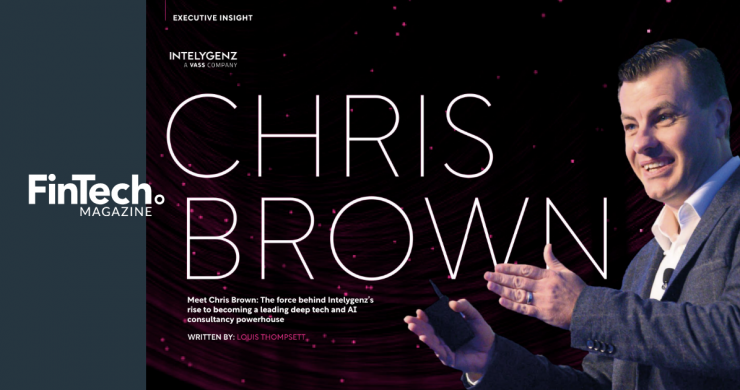Scrum & Key Agile Insights: Everything You Need to Know

Scrum & Key Agile Insights
Intelygenz develops Intelligent Solutions on demand. This has allowed us to break the barrier of the traditional turnkey or closed project to be more agile in delivery and let the market itself evolve the product.
A Brief History of Scrum
As Google would say, the authorship of this methodology is not clear. On the one hand, there is the version that brings us to Japanese Hirotaka Takeuchi and Ikujiro Nonaka who, in the mid-’80s, dedicated themselves to studying and analyzing how to develop software in tech companies such as Fuji-Xerox. On the other, there are those professionals who defend the fact that Jeff Sutherland, John Scumniotales and Jeff McKenna were the creators of this methodology in the early ’90s.
Whatever the case, Scrum arises from the need to develop software in a radically different way to how it was done before. Until that moment, and in a very high percentage of companies, dealing with a software project had to be treated in the same way as a vehicle or a building. That is, the project had to be developed following an assembly-like methodology in which each phase had to be completed in order to address the next.
This did not seem very viable. Firstly, because software is neither a building nor a vehicle and here the needs change constantly. Secondly, because the speed of software development is much greater. There is no reason to wait to have the product finished to test it and even more so if we consider the time it takes to bring it to market.
This brought about an awareness that many people were interested in generating bases and models for software development. The first to venture a proposal was Ken Beck, when he published a book discussing a methodology called Extreme Programming, in which the agile manifesto and methodologies such as Scrum were presented.
What is Scrum?
The Scrum methodology is based on a set of very defined practices and roles that must intervene during the software development process. It is a flexible methodology and it depends on the application of the 12 agile principles in a context which are agreed upon by all of the participants involved in the product production.
These participants are reduced to teams, teams and more teams – but within them, we have the Product Owner ( the one responsible for business decisions), the Scrum Master (facilitator and responsible for eliminating any impediment in the project to achieve the objective efficiently), and lastly, the Development team and stakeholders.
Practices are limited to the definition of a backlog (functionalities that we desire), a series of meetings (daily meetings, sprint review, sprint retrospective, and sprint planning) that promote the communication between all members of the team and, lastly, continuous testing and Refactoring.
Within this context, periods of time are defined in which a piece of usable software or product increment, the so-called Sprint, is to be delivered, agreed upon and dimensioned. The project is then clearly composed of a finite set of agreed-upon sprints according to the needs of the business. At Intelygenz, we have worked with Sprints of various lengths of time, for instance, one week, two weeks and three weeks – from experience, we recommend two-week sprints.
To learn more about A.I., Deep Learning, Machine Learning, and more, read our blog posts.

Get the latest roundup of the most important, interesting and stories from the past week. In your inbox every Saturday by 10am.
Related Articles you might like
Intelygenz President Chris Brown shares vision to revolutionize the finance sector in interview with FinTech Magazine
Intelygenz President Chris Brown was recently featured in an in-depth interview with FinTech Magazine, in which he outlined his mission […]
View Blog PostBridging the gap: From AI concepts to production success
In recent years, the conversation around artificial intelligence (AI) has shifted from theoretical possibilities to tangible realities. As businesses strive […]
View Blog PostUnpacking Deep Tech & AI Solutions at Finovate Spring
Finovate Spring is here from 21 to 23 May 2024. A conference to showcase cutting-edge banking and financial technology. This […]
View Blog Post

